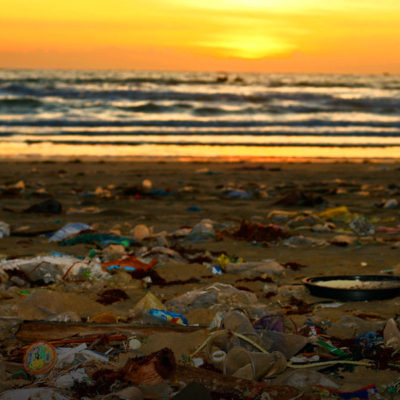We adapt to the challenges and needs of the current economy and society, according to scientific policies. We focus our research, resources and capabilities on two scientific priorities and five areas of specialization. In addition, we make us of two transversal singularities as drivers for increasing interdisciplinary collaboration.
Scientific Priorities
Climate Change
Since the middle of the s. XX, due to the industrial activity, the temperature rises, the ice masses melt, the sea level rises, the ocean acidifies and the climatic events are more extreme and frequent. Huge costs and lower capacity to produce food await us. The contributions of marine research to the knowledge of climate change and its effects are key in the implementation of adaptation and management strategies. For the CIM this challenge is a priority. We approach this problem from its three possible perspectives: paleoclimate, observation and modelling. This pluridisciplinary approach will be very useful to understand socioecological effects of climate change in advance contributing to the planning and formulation of climate change management policies.
Marine Biotechnology
The seas and the oceans supports 90% of all living species, but their enormous potential remains relatively under-utilized. Marine biotechnology is key to discover the value of marine biological resources, constituting an attempt to use nature technology for the production of goods and services in benefit of society. International strategies and marine policies recognize the important role of marine biotechnology to generating new knowledge, improve industrial competitiveness and stimulate economic growth. The CIM endorses this commitment, providing an adequate framework to promote research activities and innovation in marine biotechnology as an opportunity to contribute and face the coming challenges of the blue economy.
Specialisation Areas
Biodiversity and Ecosystem Services
Biological diversity plays a fundamental role in the capacity of marine ecosystems to maintain and keep the balance and regulate the climate, as well as increase the resilience of ecosystems. Knowledge of the structure and dynamics of primary producer communities, consumers and decomposers, determinant in the processes of storage and flow of materials and energy, is key in the sustainable use of marine ecosystems. A healthy ocean provides ecosystem services such as the production of food and marine bioproducts, among others.
Integral management of the coastal zone
The great value of the resources and habitats of the coast, one of the most productive area of our planet, have caused an intense development of these zones. Human activity related to aquaculture, fishing, agriculture, industry, energy production, maritime transport, tourism, etc. submits the coast regions to a very strong pressure. The sustainable development of these areas requires approaches that reconcile the limits of natural resources and their ecosystems, with the interests of the society; and lead to the implementation of international planning policies supported by the European Union.
Aquaculture and sustainable exploitation of marine resources
The sustainable management of marine resources is essential to ensure their survival and contribute to a healthy and safe diet. The need to increase the proportion of food of marine origin, healthier and less costly in energy and environment, cannot be exclusively addressed by fisheries, requiring the development of a biotechnologically advanced aquaculture. Aquaculture is the growing food sector with the fastest production worldwide. The advances in the knowledge of biology, genetics, population dynamics and ecology of exploitable species are the key to ensuring the sustainability of marine resources.
Renewable Energies and New Resources
The production of energy from fossil fuels is one of the main responsible of the global warming. The development of potential energy from the oceans will play a very important role in the global warming mitigation. To advance on it, it is necessary to solve the current technology and governance problems, and reduce its financing and production costs. Similarly, obtaining important minerals and metals key to humanity is needed to answer the increased demand caused by the new technologies and population growth. Its development offers a peaceful and fair way to sort out the current geopolitical tensions derived from the depletion of land resources.
Global Change and Contamination
The current increase in the average temperature of the Earth is the result of the human action, through the emission of greenhouse effect gases that alter the natural climate variability. The oceans have had until now a regulatory role in climate through a series of physical, chemical and biological processes that balance natural fluctuations. The pollutant discharges interfere with these processes by altering their natural balance and affecting human health. Policy mitigation and adaptation development scientifically well based is essential for the survival of our planet.
Transversal Singularities














